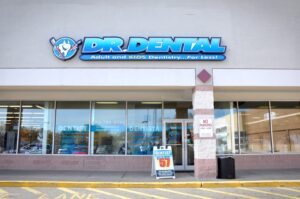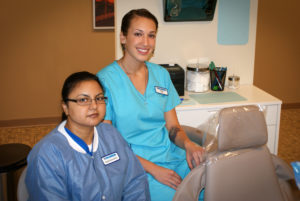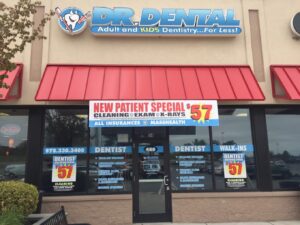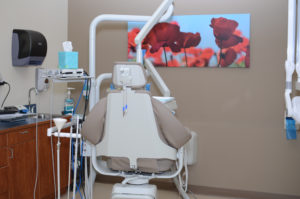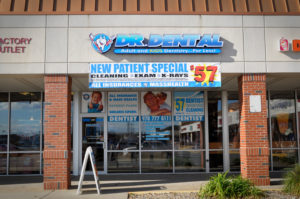What is dental tooth bonding?
Dental tooth bonding is a procedure used to repair a tooth that has been damaged by decay, to close gaps between teeth, to change the alignment of a tooth or tooth bonding purely for cosmetic reasons. The process first involves roughening the surface of the tooth for the same reason that you would apply a sugar solution to an interior wall before you paint it. This makes the teeth accept the teeth bonding resin more closely.
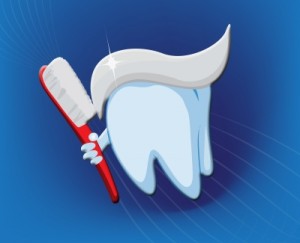
The tooth bonding procedure
The second step to dental teeth bonding involves applying a micro-etching gel to the surface of the teeth. A primer is then applied. Finally, we apply a composite dental teeth binding resin and harden it under an intense light. The dentist will have chosen a resin that is the same color as your natural teeth. Afterwards, the tooth bonding resin is polished and shaped to a lustrous finish. From start to finish, the dental bonding procedure is over in less than an hour.
Reasons for dental tooth bonding
Dental bonding is one of the simplest and most inexpensive cosmetic dental procedures. Teeth bonding may also be used instead of an amalgam filling or to protect the root of a tooth that has been exposed due to recession of the gums.
Benefits of dental bonding
One advantage to dental tooth bonding is that, unless it is being used as a filling, no anesthetic is required. There is also not a lot of preparation necessary for dental bonding.
Another benefit of teeth binding is that it can last for several years, depending on how much resin is used and your own oral habits. Nail biting or chewing on the tips of pencils and pens can cause chipping to the dental bonding material.
Risks of dental teeth bonding
The tooth bonding resin that dentists use in teeth bonding is not as strong as a natural tooth. The dental teeth bonding resin may also become stained by coffee, tea, smoking or other substances. For this reason, dentists advise that you brush your teeth frequently, especially during the first 48 hours after you have had your teeth bonding performed. He will also suggest that you avoid eating or drinking anything that may stain your teeth, thereby diminishing the benefits of tooth bonding. It is also a good idea to visit your dental hygienist frequently to have your teeth cleaned.
